As technology advances rapidly, 2025 is set to be a transformative year for the computer and electronics industry. From AI-powered devices to next-gen processors, this article explores the latest trends, innovations, and challenges shaping the future
The computer and electronics industry is evolving at an unprecedented pace in 2025. With breakthroughs in artificial intelligence, sustainable computing, and next-generation processors, businesses and consumers alike are experiencing a revolution in digital experiences. This article explores the key trends driving the industry and their potential impacts.
Key Trends Shaping the 2025 Computer and Electronics Industry
🔹 1. AI-Powered Electronics: The Rise of Smart Devices
📌 AI-driven processors are enabling more intelligent and efficient electronic devices. From self-learning computers to predictive maintenance in industrial machines, AI is at the forefront of the electronics revolution.
✅ Benefits:
✔ Faster processing speeds
✔ Improved automation and decision-making
✔ Enhanced user experiences with AI assistants
⚠️ Challenges:
✖ High power consumption
✖ Ethical concerns over AI bias
🛠 Example:
Smart TVs in 2025 will use AI to analyze user preferences and optimize content recommendations, making entertainment more personalized than ever.
🔹 2. Quantum Computing: Pushing the Limits of Processing Power
📌 Quantum computers are set to disrupt industries by solving complex problems that traditional computers struggle with. In 2025, tech giants are racing to develop commercial quantum computing applications.
✅ Benefits:
✔ Lightning-fast data processing
✔ Enhanced cybersecurity through quantum encryption
✔ Breakthroughs in drug discovery and materials science
⚠️ Challenges:
✖ Extremely high development costs
✖ Limited availability for consumer use
🛠 Example:
Financial institutions are using quantum computing to optimize trading strategies and detect fraud patterns in real-time.
🔹 3. Sustainable Tech: The Green Revolution in Electronics
📌 As environmental concerns rise, the electronics industry is shifting toward sustainable production methods, including recyclable components and energy-efficient hardware.
✅ Benefits:
✔ Reduced electronic waste
✔ Lower energy consumption
✔ Sustainable supply chain practices
⚠️ Challenges:
✖ Higher production costs for eco-friendly materials
✖ Limited recycling infrastructure
🛠 Example:
Tech companies are designing laptops with modular components, allowing users to upgrade specific parts instead of replacing the entire device.
🔹 4. The Rise of Wearable Technology 2.0
📌 Smartwatches, AR glasses, and bio-sensing wearables are becoming more advanced in 2025. These devices are integrating AI, health monitoring, and real-time communication to enhance daily life.
✅ Benefits:
✔ Real-time health tracking and medical insights
✔ Hands-free productivity with AR interfaces
✔ Seamless connectivity with smart ecosystems
⚠️ Challenges:
✖ Privacy concerns with biometric data
✖ Short battery life and frequent charging needs
🛠 Example:
Apple and Samsung are launching new wearables that monitor stress levels, detect early health risks, and provide real-time fitness coaching.
🔹 5. The Internet of Things (IoT): Smarter Homes and Cities
📌 IoT is making homes and cities smarter in 2025, with connected devices improving automation and security. From smart fridges to AI-driven traffic systems, IoT is shaping modern living.
✅ Benefits:
✔ Increased convenience and automation
✔ Energy efficiency and cost savings
✔ Real-time monitoring of devices
⚠️ Challenges:
✖ Cybersecurity threats and hacking risks
✖ Compatibility issues between different IoT devices
🛠 Example:
Smart cities are using IoT-powered traffic lights to reduce congestion by dynamically adjusting signal timing based on real-time data.
Conclusion
The computer and electronics industry is experiencing a groundbreaking shift in 2025, driven by AI advancements, sustainable technology, and quantum computing. While these innovations bring numerous benefits, they also present challenges such as security risks and ethical concerns. Staying ahead in this evolving landscape requires businesses and consumers to embrace change and adapt to emerging technologies.
🚀 Stay updated with the latest tech trends by following our daily news updates!
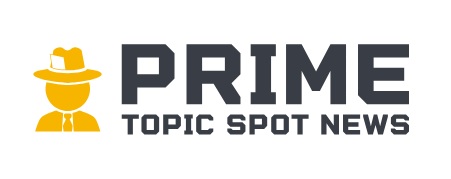
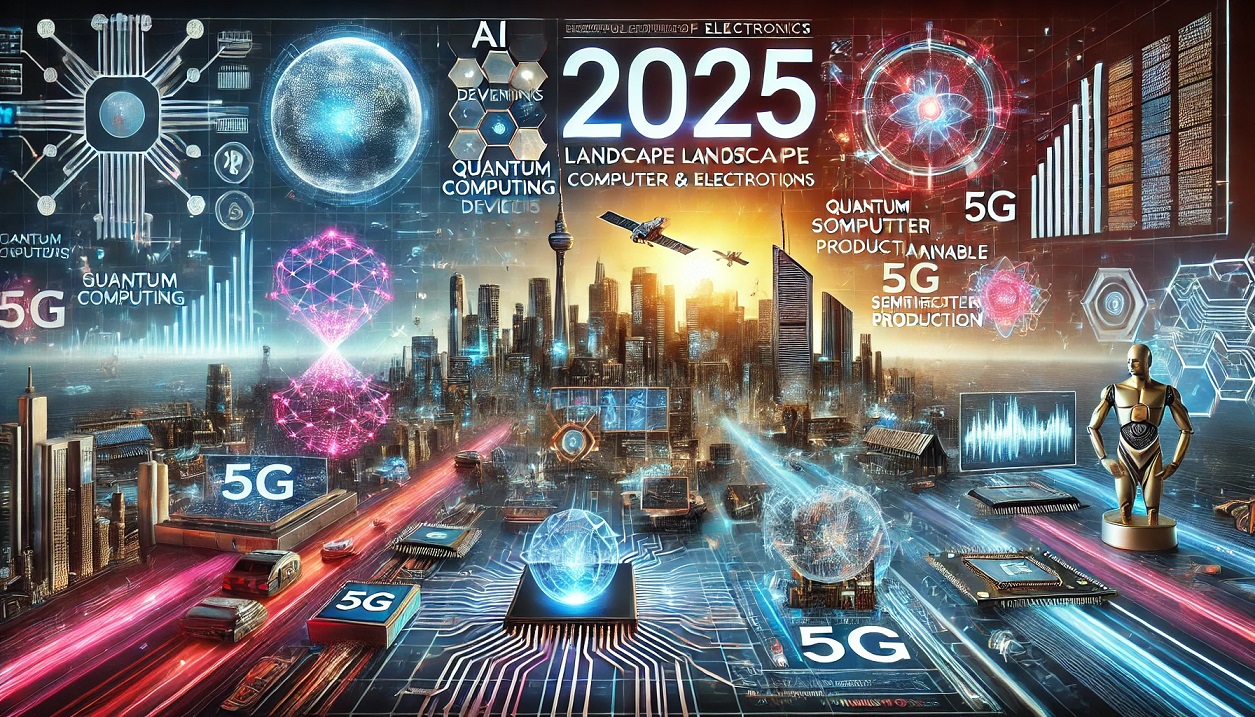
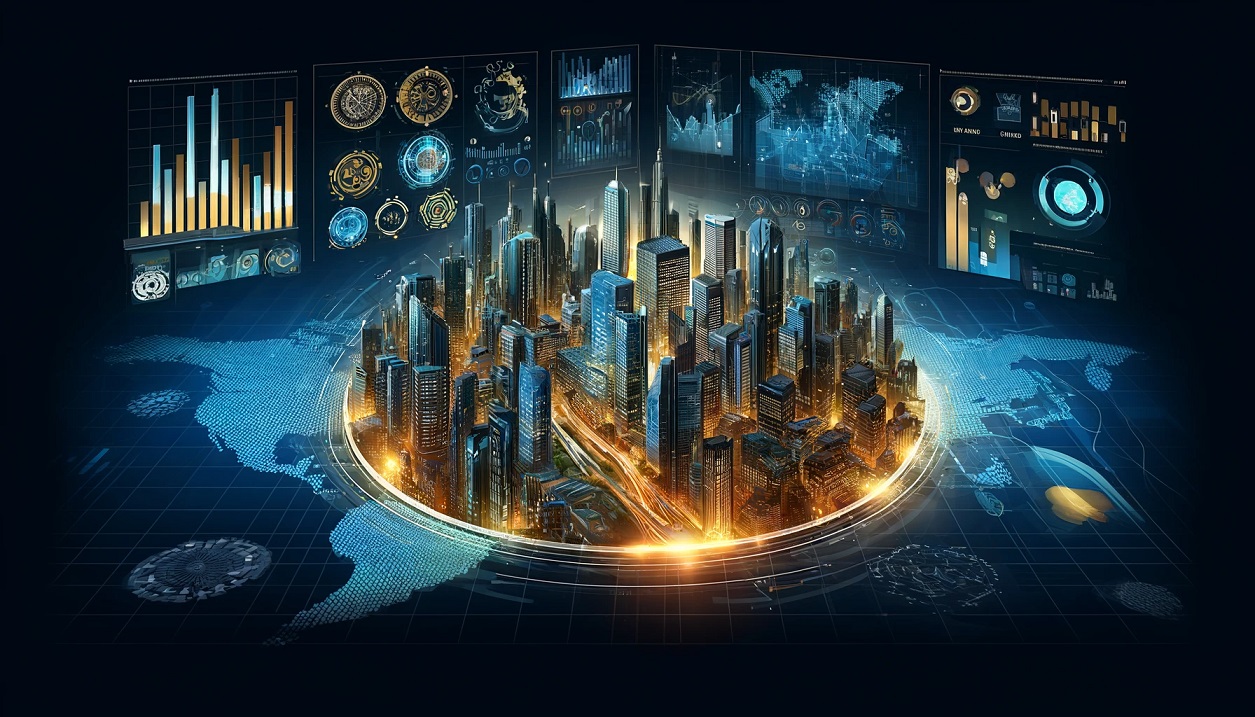
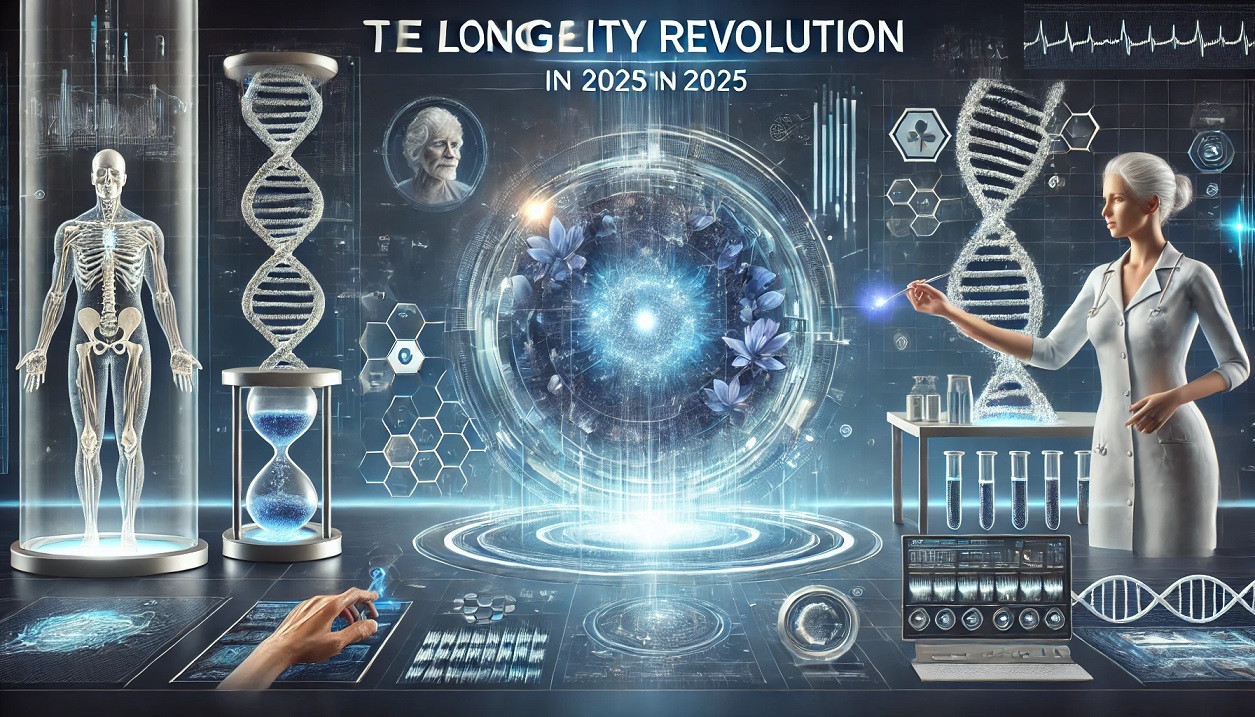
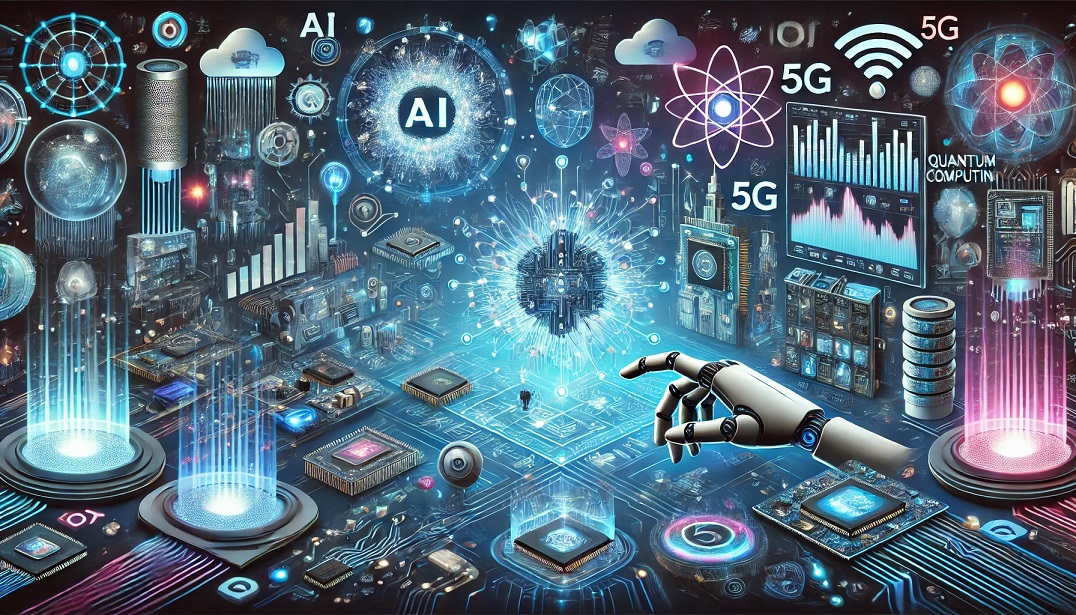
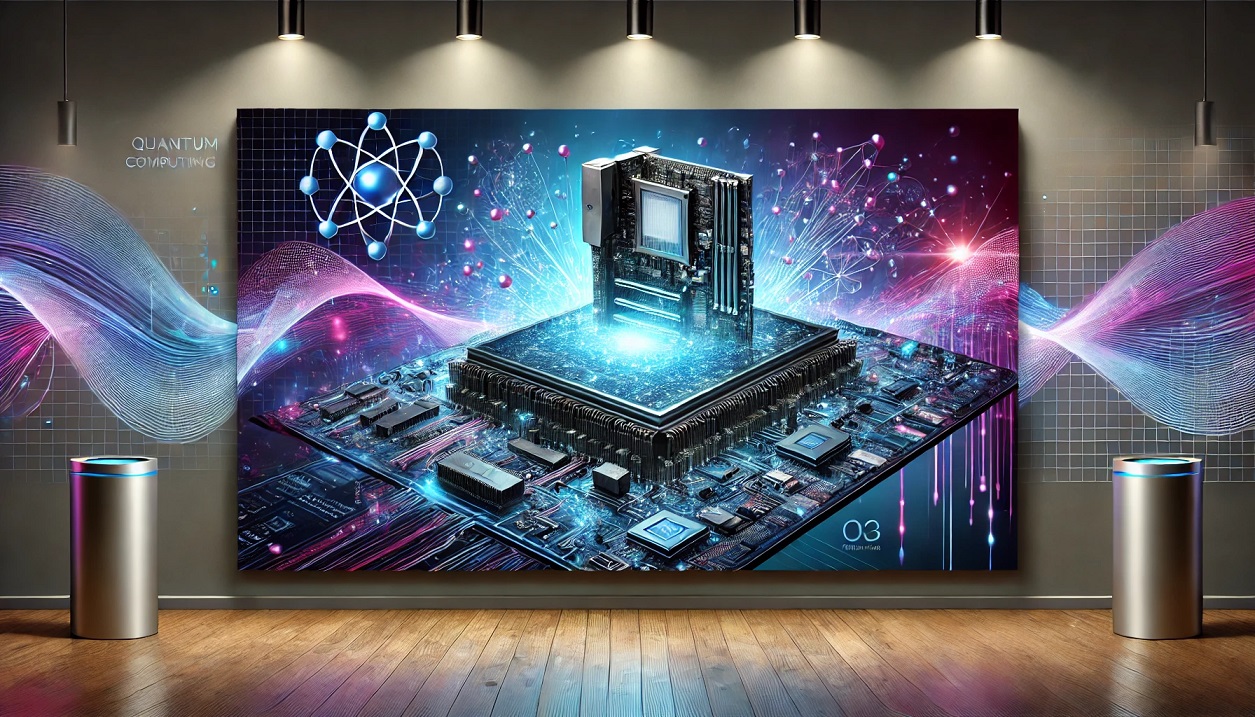
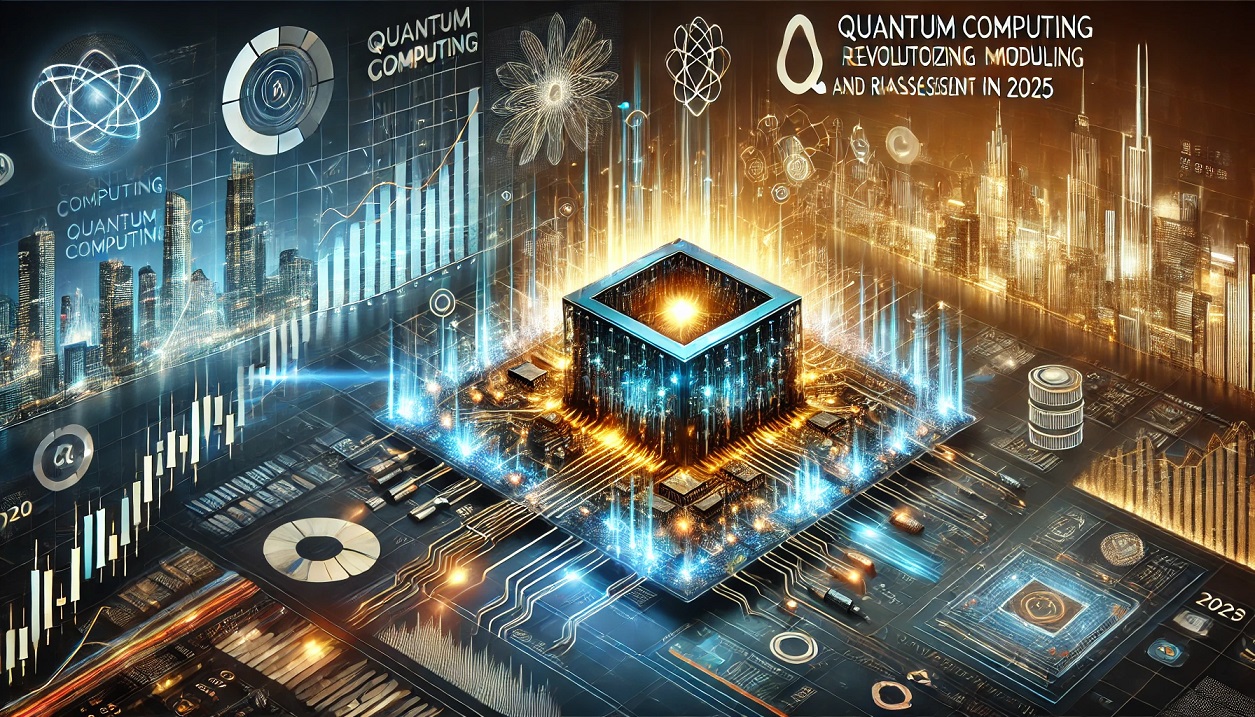
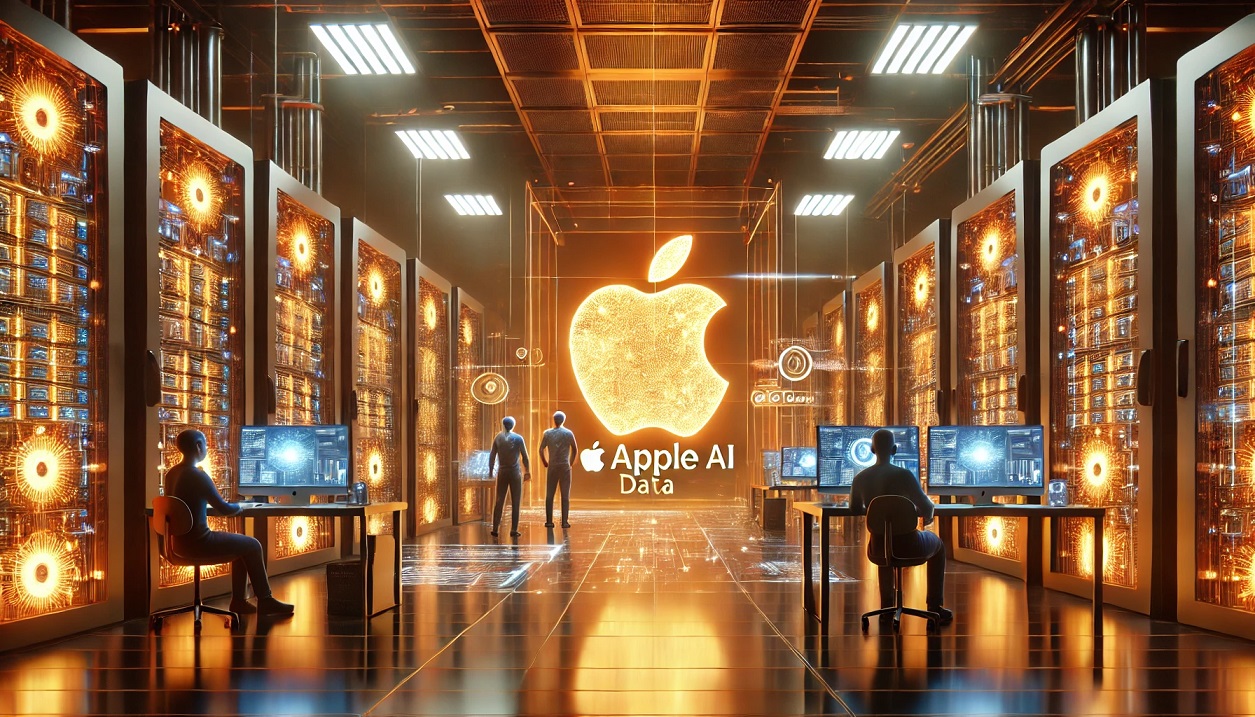

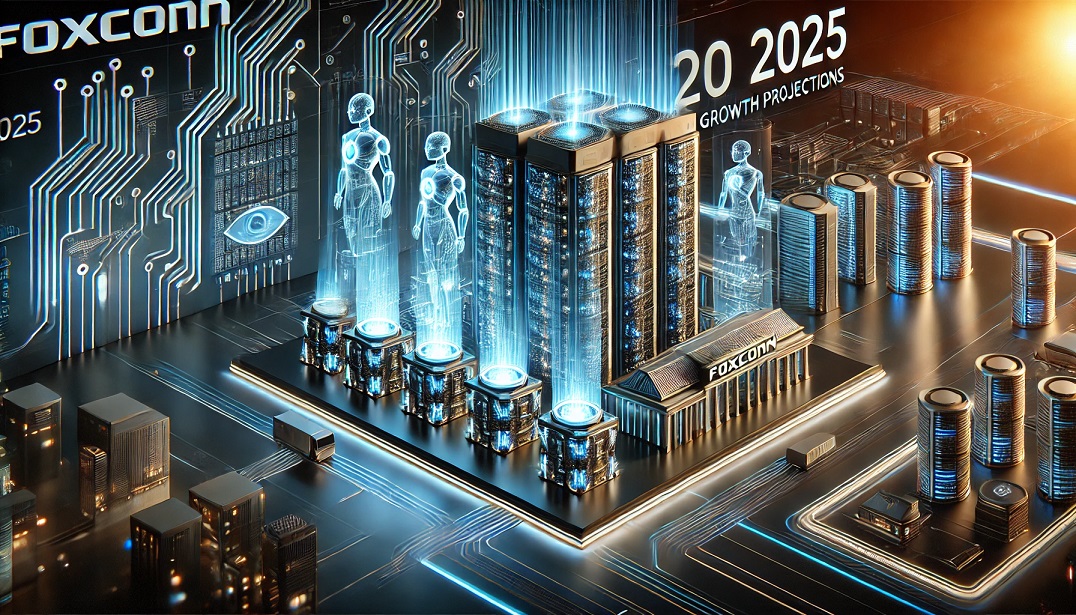
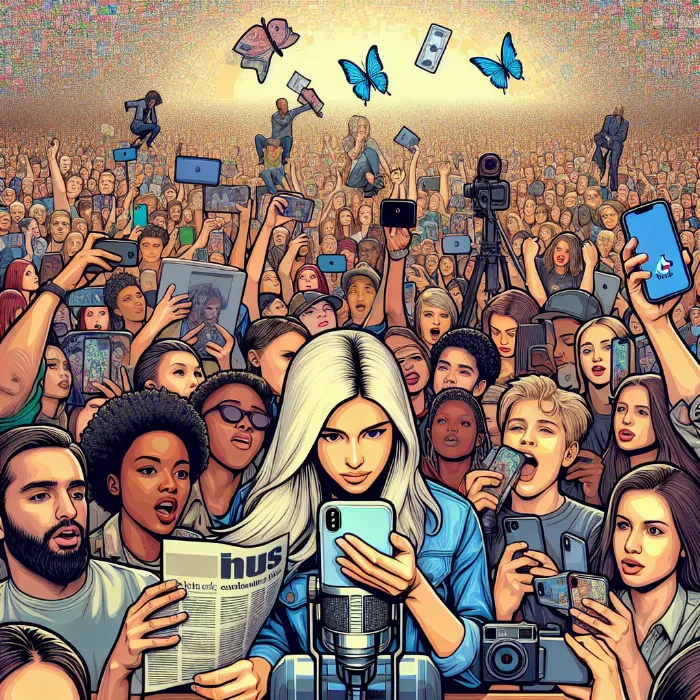
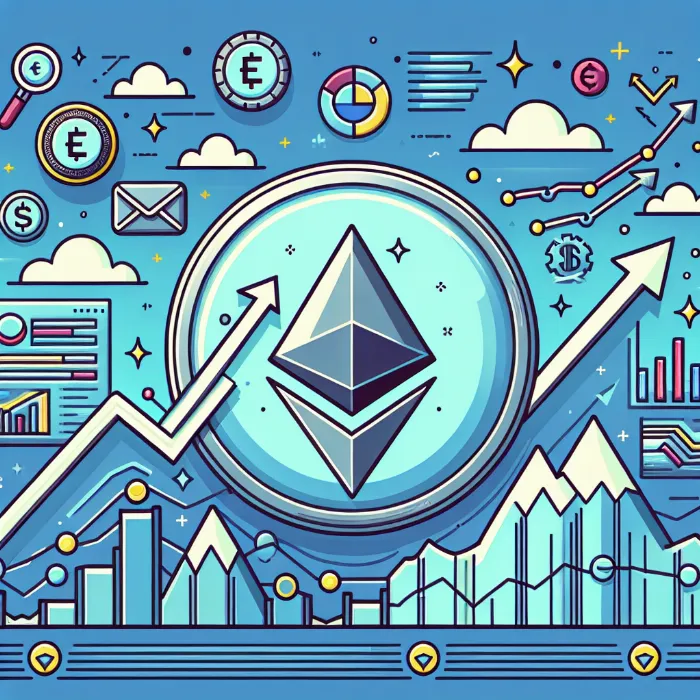
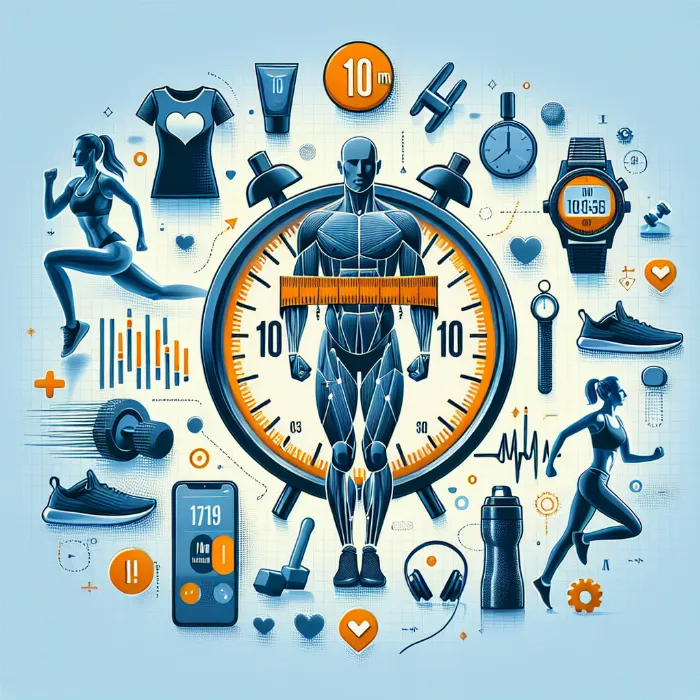
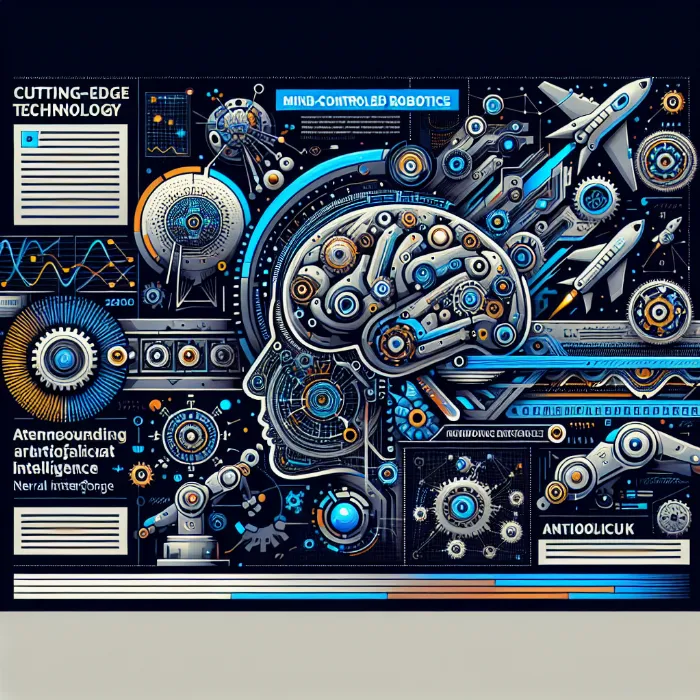



Comments 0